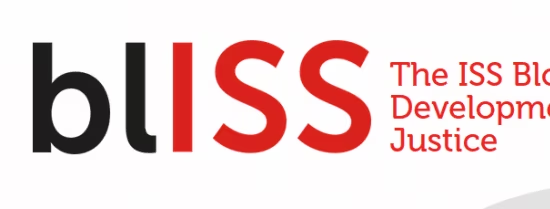The idea of a dystopian government that is all-powerful, unrestrained and especially all-seeing is centuries-old. Machiavelli, Orwell and many others have pondered the opportunities and challenges of allowing a government, particularly an authoritarian one, to have access to a system of surveillance that provides every detail of people’s lives.
But few could have imagined the implications of modern technologies, such as DNA testing and facial recognition software. What can be done by way of legal mobilization, beyond the courtroom, to restrain the government when threats to human rights by surveillance agencies are regarded as unacceptable?
In this latest post on Bliss, the International Institute of Social Studies' blog on Global Development and Social Justice, Lotte Houwing and Jeff Handmaker discuss the implications of and resistance to growing government surveillance.
About the authors
Lotte Houwing is File Coordinator for the Public Interest Litigation Project and Jeff Handmaker is senior researcher at the International Institute of Social Studies.
- More information
Read the full post - Legal mobilisation in the court of public opinion
Want to receive updates on new posts? Sign up to Bliss today!

